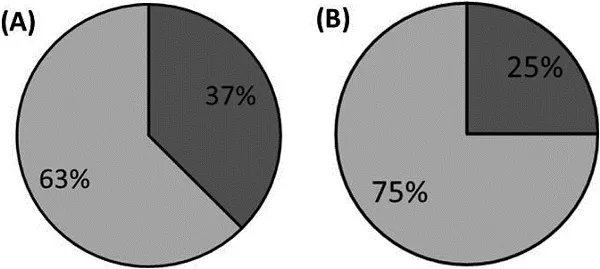Of the 23 million tons of table grapes produced worldwide annually, about 3 million tons are exported.

Commercial storage of table grapes is managed mainly by using SO2 technologies to maintain berries free of decay and to prevent rachis browning. Consumers expect ready-to-eat grapes to have excellent quality and flavor. In practice, most table grape cultivars have a neutral flavor relying mainly on the combination of sugar and acidity due to limited levels of volatiles that impart the unique aromas. Scientists of ARO (Agricultural Research Organization) at The Volcani Center (Israel) have investigated the possibility of improving grape flavor by storing the berries in monoterpene-enriched modified atmosphere.
The berries were sanitized by dipping in ethanol and packaged in trays sealed with plastic films of different perforation levels. The optimal conditions were one micro-perforation per package containing 250 g berries and storage at 5°C for 2 weeks. To improve grape flavor during storage, berries of the cultivars Flame Seedless, Adominique, 4111 and Crimson Seedless were stored in the presence of the monoterpenes linalool or geraniol.

Preference of panelist for the control berries or berries after linalool feeding. (A) Adominique, (B) 4111. Light gray indicated linalool feeding and the dark gray indicates control berries.
"After two weeks of storage in the presence of linalool, it accumulated in the berries to levels of 551, 704 and 3273 μg/kg in Adominique, 4111 and Crimson Seedless, respectively. Organoleptic preference assays indicated that berries of Adominique and 4111 stored in the presence of linalool were preferred to the control berries - The scientists explain - Application of monoterpenes by vaporizing them into the MA packages modified the flavor of the grapes. The monoterpenes entered into the berries and were converted by concealed metabolic systems into various derivatives. Overall, the results demonstrate the feasibility of using monoterpenes to enhance berry flavor during storage."
Source: Kamal Tyagi, Itay Maoz, Yakov Vinokur, Victor Rodov, Efraim Lewinsohn, Amnon Lichter, 'Enhancement of table grape flavor by postharvest application of monoterpenes in modified atmosphere', 2020, Postharvest Biology and Technology, Volume 159, 111018.
